This article was written by Michael Mayhew and Michelle Hall
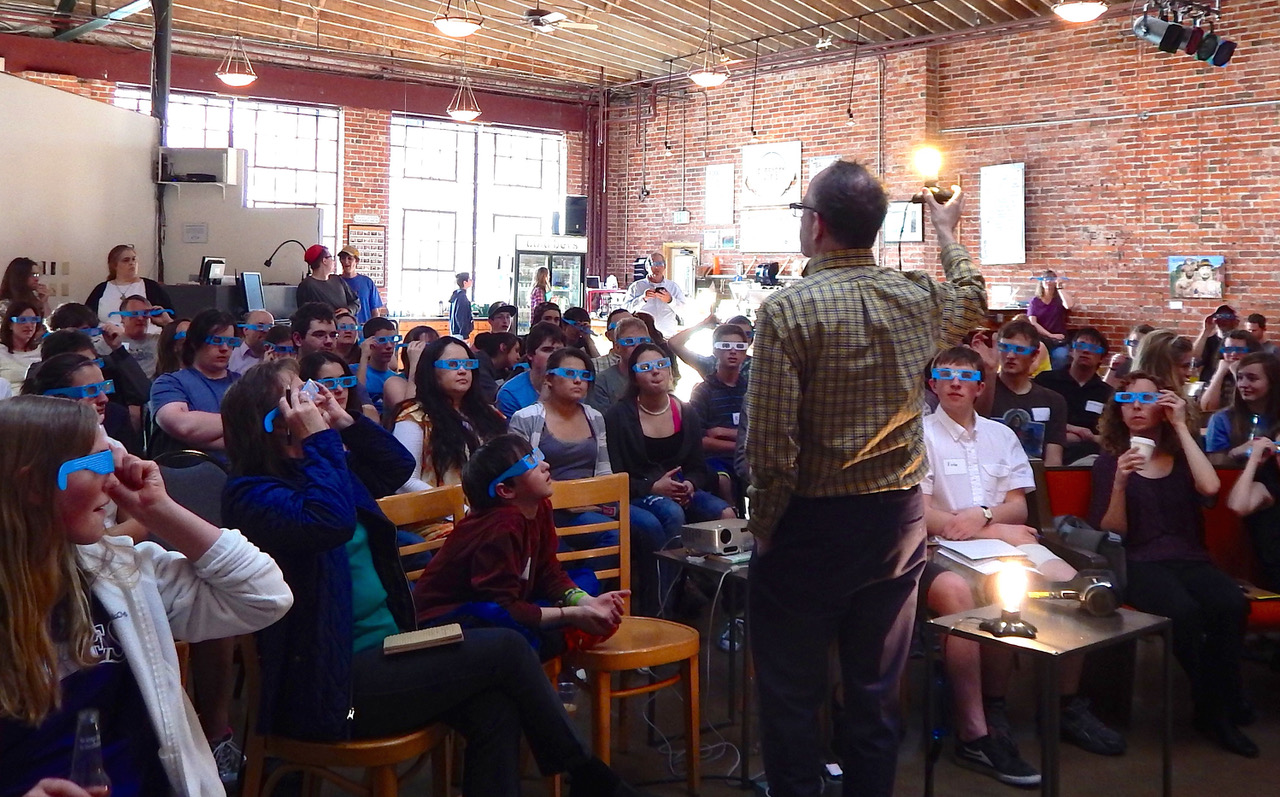
In the late 1990s, an Englishman from Leeds named Duncan Dallas started a novel program for the public called “Café Scientifique: Science for the price of a coffee.” The format was simplicity itself; members of the public would meet in the social atmosphere of a cafe, with food and drink, and engage in a lively conversation with a scientist—and each other—on an interesting science-related topic. The Café Scientifique model proved so popular that it spread like wildfire, and within a few years “science cafés” could be found on every continent worldwide.
In 2006, we chanced to hear a talk by Duncan at the AAAS conference in St. Louis, and were thrilled by the whole idea of a science café. We wondered if the model could be applied to that hard-to-reach segment of the public, the high school teenager. We ran some focus groups with local teens, and got some positive feedback. Then, we applied to NSF for a grant to do the experiment to see whether the science café model could be effective in engaging teenagers with science. We started a program in four towns of diverse character in northern New Mexico (CafeNM.org).
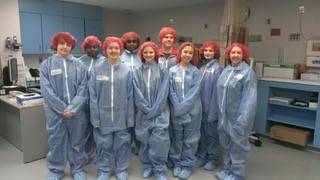

We started the experiment with some trepidation: what if we build it and they do not come? But come they did, and they kept coming. The program proved popular with teens—and just as much so in the big city of Albuquerque as in the tiny town of Española. The reason for its popularity is much the same as for adult cafés: the blend of the social setting—with food! And the chance to interact with a scientist on some interesting topic.
But our evaluations also showed success in our impact goals: Teens gain an appreciation of scientists as real people leading interesting lives in science. They get a better understanding of the true nature of science than they get in school. Some discover the possibility of a life in science for themselves that had never occurred to them before. They come to appreciate the relevance of science to their lives. We don’t know this—yet—but our hope is that for many of them science has become a part of life-long learning.
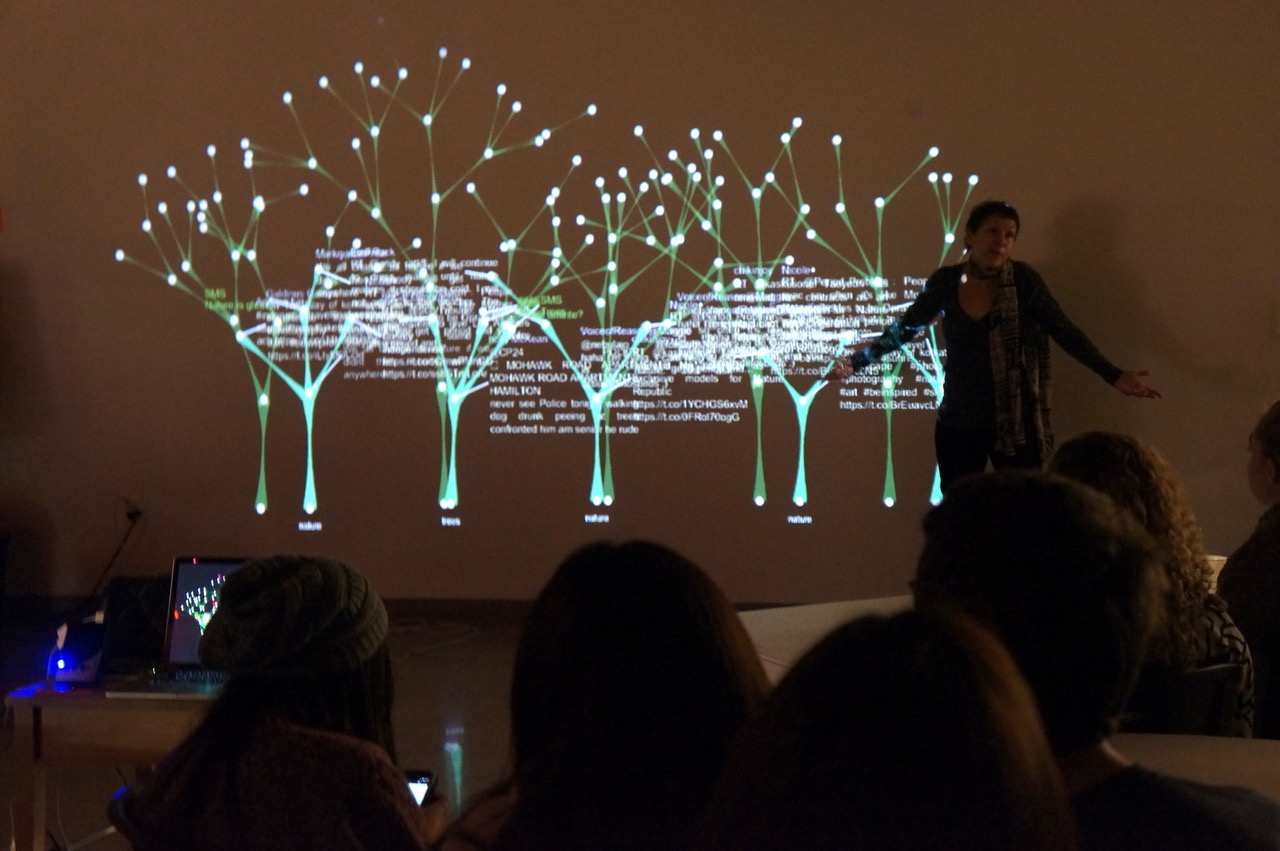

Based on the success of “CafeNM,” we were able to get another grant from NSF to take our model national as the Teen Science Café Network (TeenScienceCafe.org). We started with five sites around the country in 2012, and from there the Network took off; we are now in over 100 sites all around the country. The program has proven to be as popular with teens—and their host organizations—in other states as in our little network in New Mexico.
Any organization that wishes to do so can become a member of the Teen Science Café Network and start its own teen science café program; membership in free, we have small grants to facilitate start-up, and we work closely with new members to help ensure successful start-up and continued operation.
As part of a simple application, prospective new members are asked to commit to six “Core Design Principles” of the Teen Science Café Network. Within that framework, a member organization has much flexibility in designing the particulars of its program. The Core Design Principles capture much of the essence of the program:
- Café programs are highly engaging and interactive. Cafés are structured to promote lively conversation and interaction among teens and the presenter; a Café program is not a lecture.
- Scientists are carefully vetted and provided guidance in communicating with teens. Focusing on storytelling, the big ideas, why it matters, and how it will change our world—supported by a few key, jargon-free graphics—is of the essence.
- Teens gain a sense of ownership of theirprogram through opportunities for leadership. Teen Leadership Teams are responsible for all aspects of their program, with adult leaders providing support in the background.
- Each Café site has one or more adult leaders who are committed to the program. The adult leaders have the energy and dedication to organize and support the work of teen leaders.
- Café programs seek to attract teens with diverse motivations and life experiences. Diversity includes ethnicity, culture, and gender, but also motivations to learning about science. Teen Cafés are not just for the science geeks; they are for all curious teens.
- Café programs actively cultivate strong community relationships. Building relationships with scientific and teen-serving organizations can increase participation of both teens and scientists, and support community awareness and sustainability of your Café program.
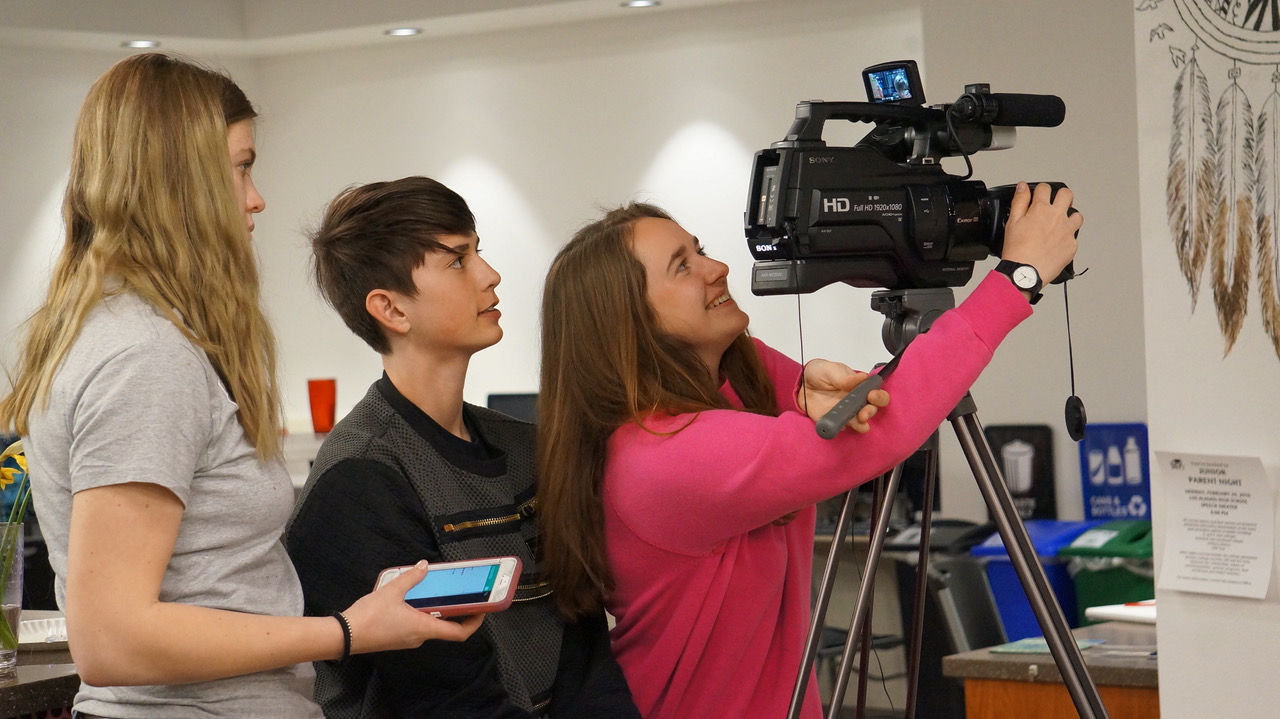

If you think you might be interested in starting a teen science café program, peruse the website; look especially at the Getting Started section and also look over the blog, Cool Cafés, and Spotlight sections. Then you are invited to contact the TSCN Outreach Coordinator, Sara Fyke (sarefyke@scieds.com). She will arrange a call with you to talk over how a teen science café program might fit with your organization and answer any initial questions. Then all of us in the TSCN National Resource Center will be available to provide as much help as you need.
Once an organization has signed up for membership, it can apply for a $3000 start-up grant. We also invite members to participate in annual all-hands workshops at a central location in the U.S. One member from each site can attend all expenses paid.
Visit Teen Science Cafe.org
For Dallas’ first Teen Science Cafe (lead institution, Dallas Zoo; founded 2016), click here.
Michael Mayhew and Michelle Hall
Co-directors, Teen Science Café Network
Science Education Solutions, Inc., Los Alamos, New Mexico
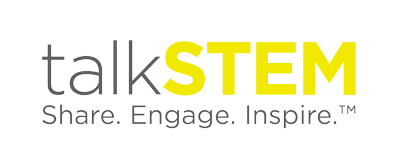
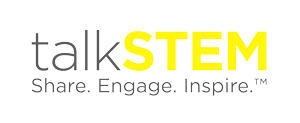

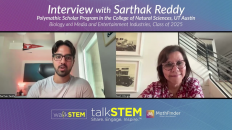
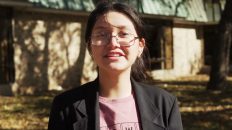


Add comment